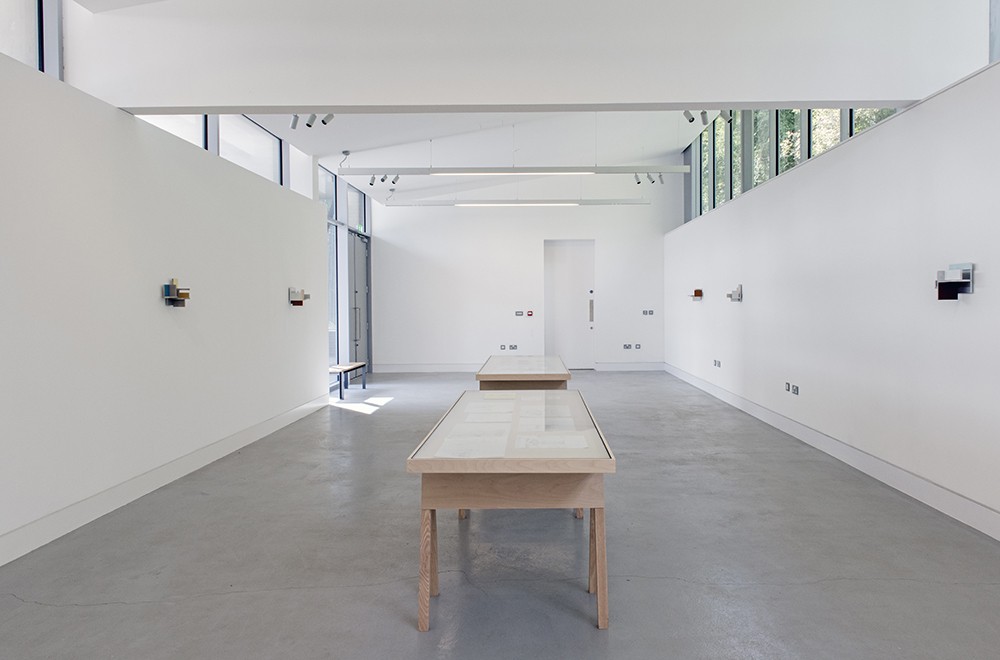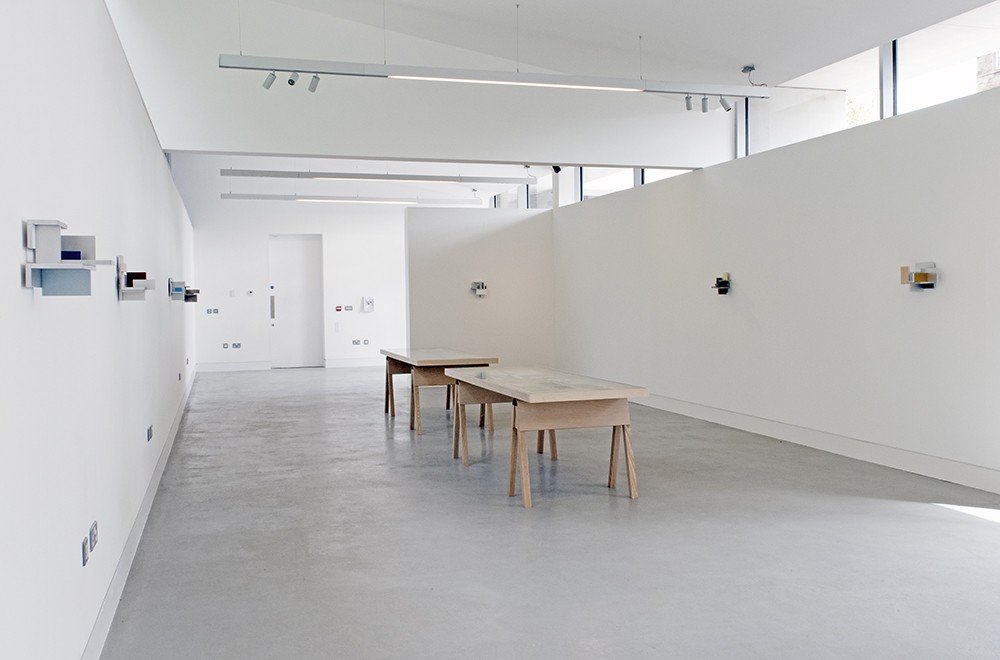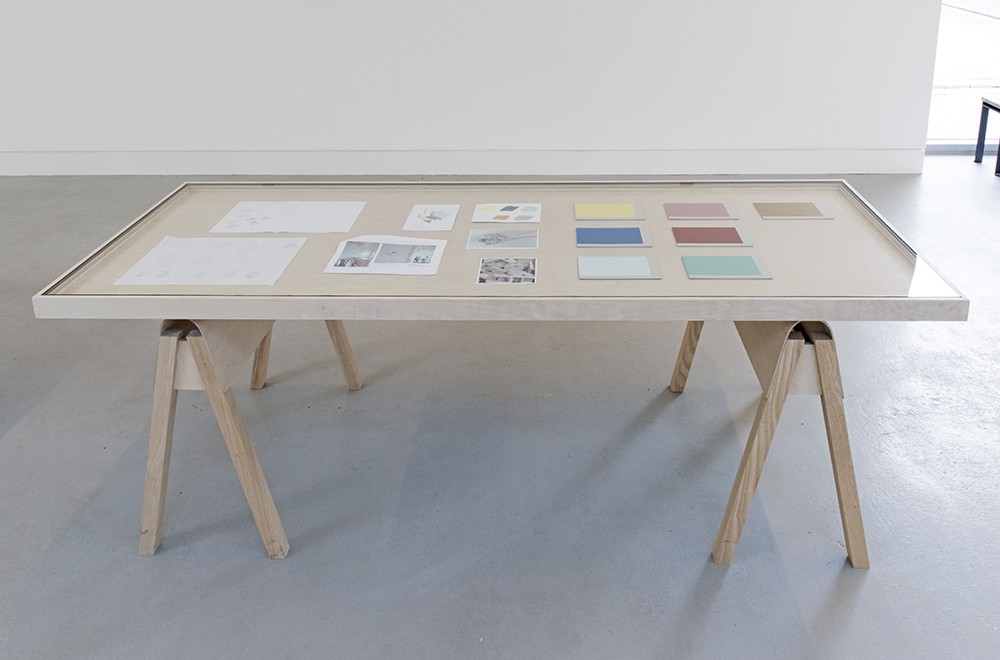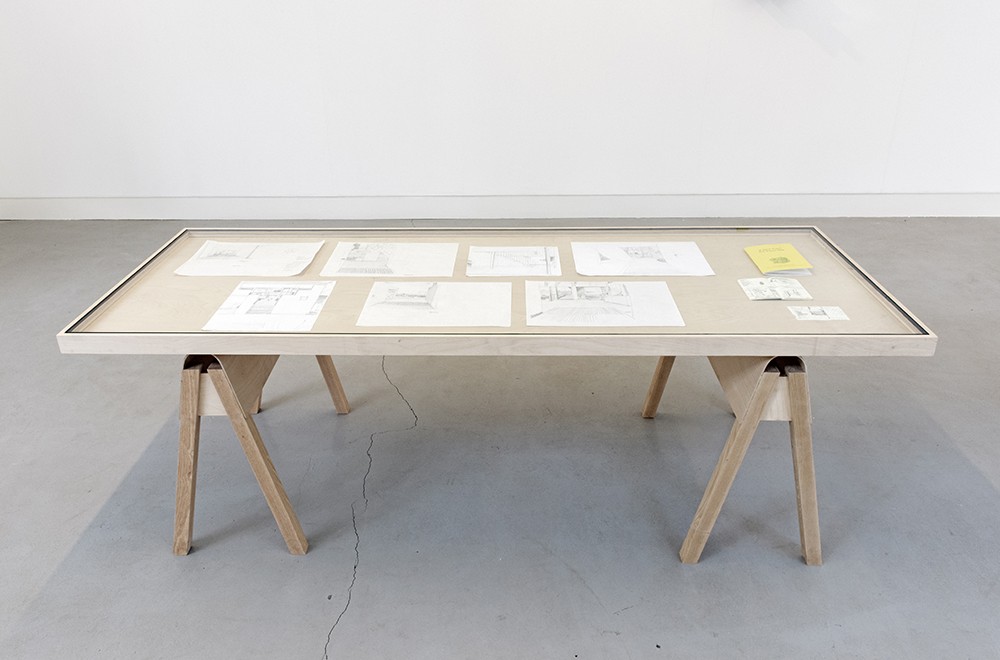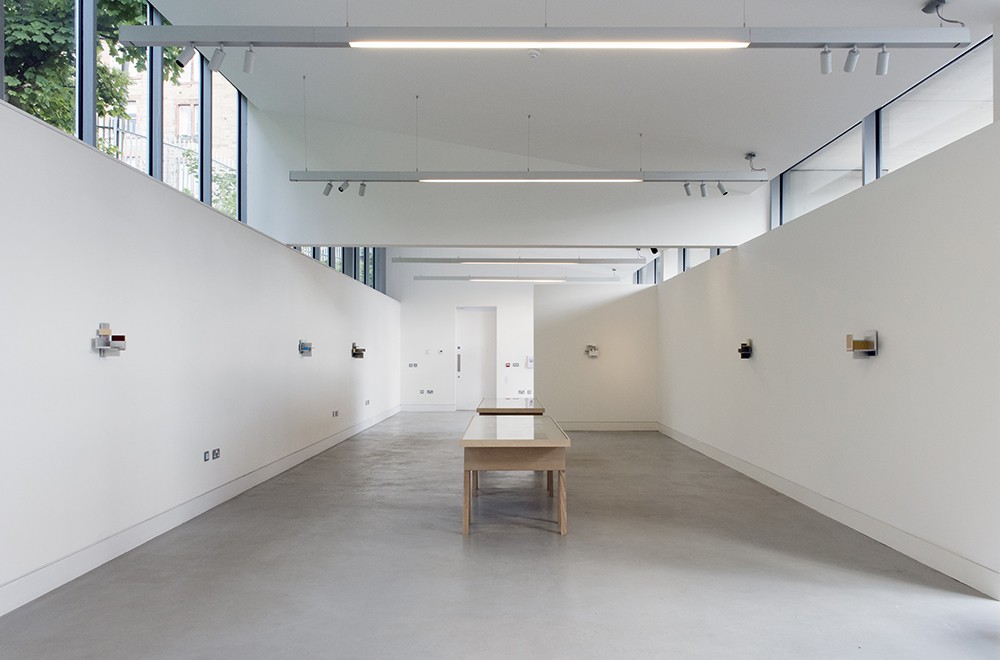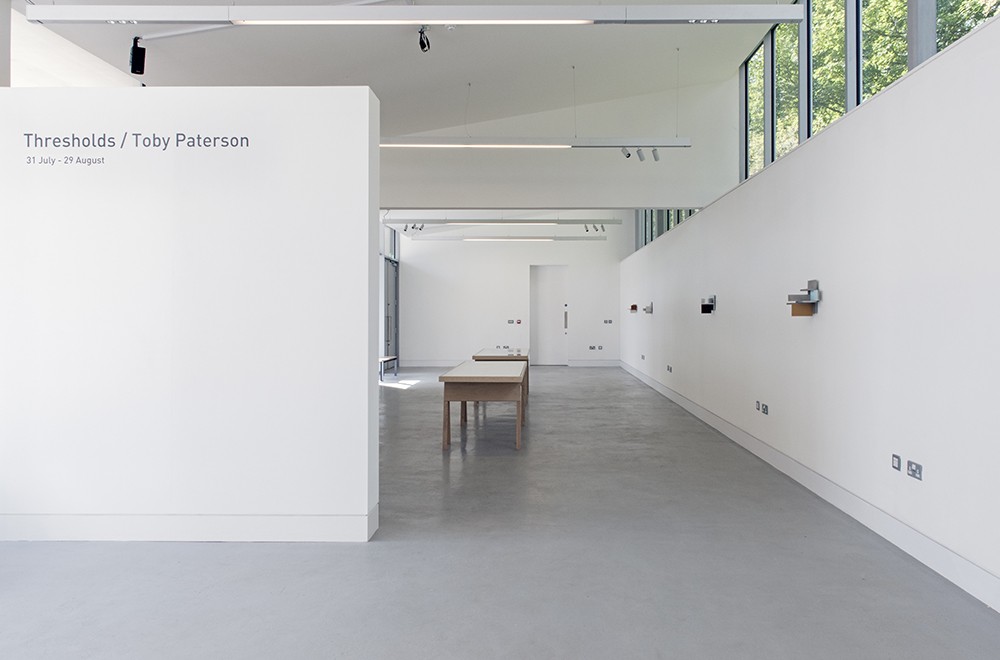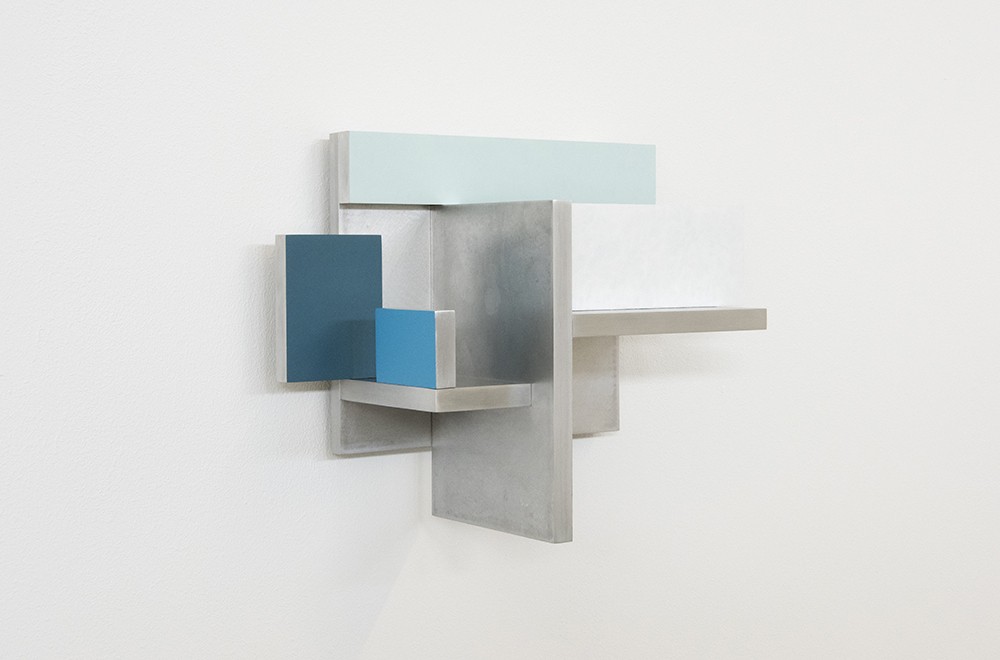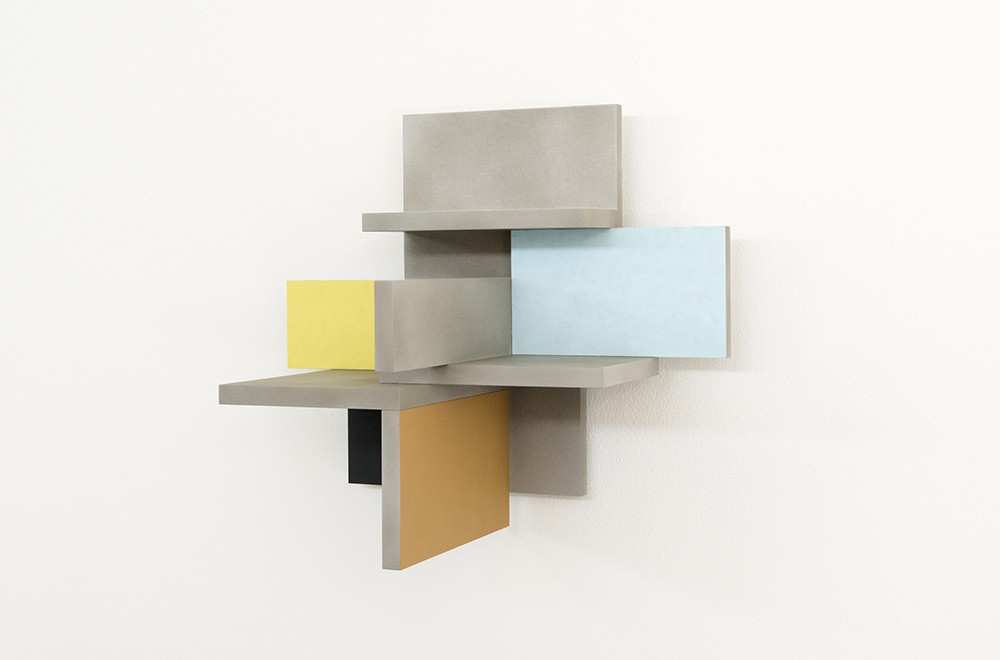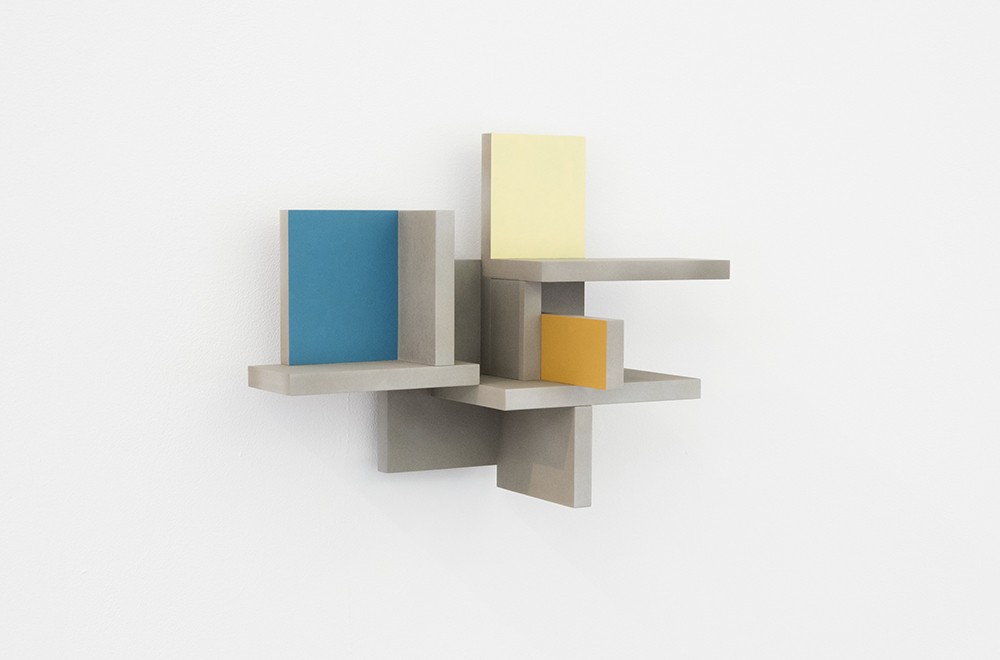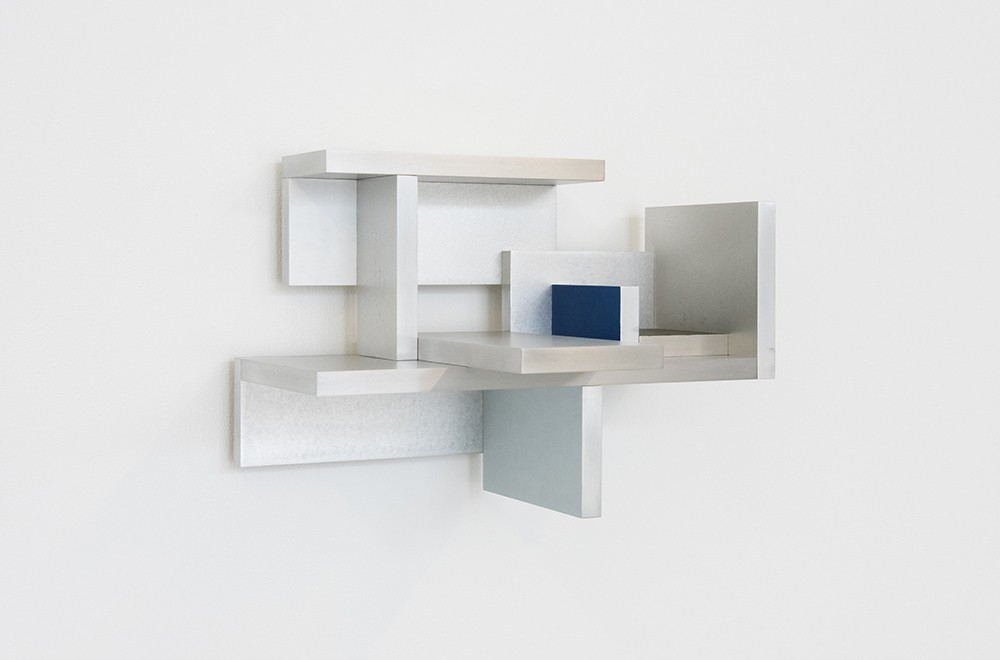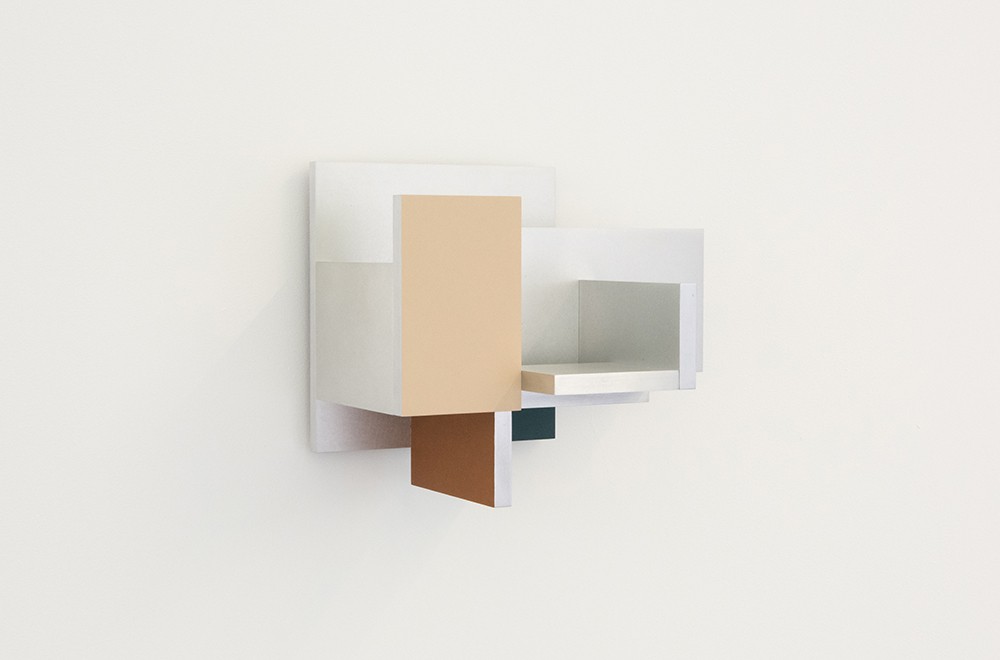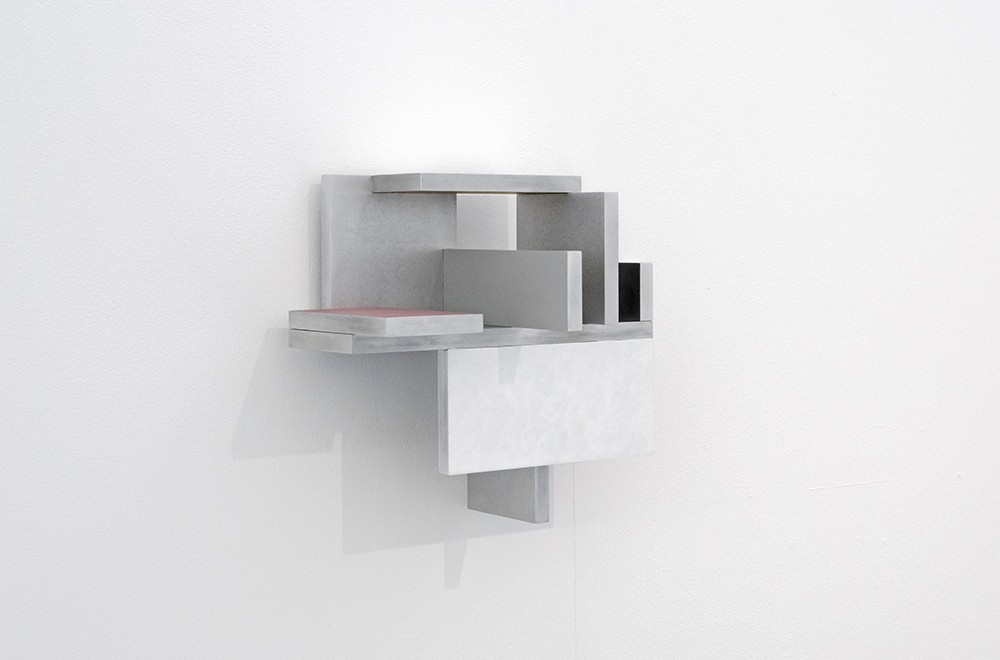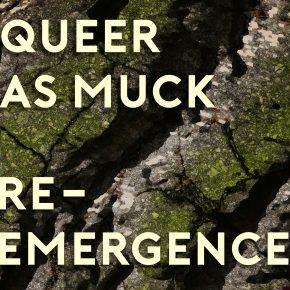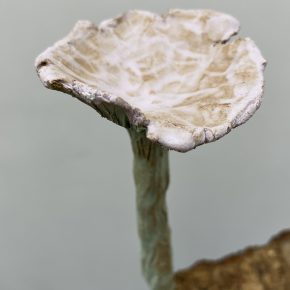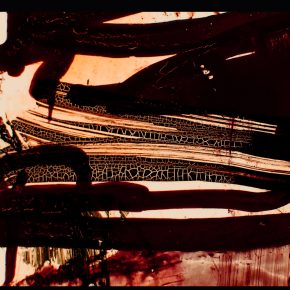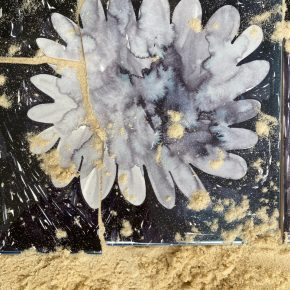Thresholds Toby Paterson
Curated by Judith Winter and in partnership with Maggie’s Centres
31 July – 29 August 2015
Monday – Saturday, 11am—5pm
Preview: Friday 31 July 6–8pm
Introduction to the exhibition from the Artist & the Curator 6–6.30pm
Event: Toby Paterson artist talk
Saturday 8 August 3–4pm
Edinburgh Sculpture Workshop in partnership with Maggie’s Centres presents Thresholds an exhibition of new work by artist Toby Paterson curated by Judith Winter.
The exhibition brings together the series of works that Toby has made specifically for the seven Maggie’s Centres across Scotland. These works are presented alongside memory drawings and models giving the audience an insight into the inspiration, contexts and the process of creation and production involved in their development.
Both artist and curator were drawn to develop the project through their personal and professional interest in the founding ethos of Maggie’s Centres, and the idea of exploring a new model of living and working that does not separate art from life. The resultant series of constructed reliefs presented at Edinburgh Sculpture Workshop focus on the process of making through direct experiences with people and places, echoing the sensibility of Maggie’s Centres themselves. Brought together in a single exhibition at Edinburgh Sculpture Workshop for the duration of the festival, the reliefs will be carefully re-located following the conclusion of the exhibition, one in each of the Maggie’s Centres across Scotland. They will exist quietly as a family of ‘things’ specific to each location, but connected through a shared experience.
Image credits: Graeme Yule
Artist
Toby Paterson’s work stems from an interest in our experience of moving through or navigating spaces both physically and conceptually. His working process draws on first-hand encounters with various architectural sites and anonymous production processes. He works in a variety of forms, from large-scale architectural wall-painting and sculptural assemblages to small paintings and constructions that are informed by the work of both international and British constructivists such as Victor Pasmore and Mary Martin that were working in the post-war period. His work can be viewed alongside a generation of artists who continue to be interested in reclaiming modernism and in particular how the ideas and experimental philosophy still resonates or flow into contemporary life. His most recent exhibitions Generation: 25 Years of Contemporary Art, Scotland, Soft boundary at the Modern Institute, Glasgow and An Experiment in Total Environment at the DLI also evolve through a reciprocal approach.
Curator
Judith Winter is a curator and writer who has worked both within and beyond the gallery context; most notably as inaugural curator for the Middlesbrough Institute of Modern Art (MIMA), UK and as Head of Arts for Dundee Contemporary Arts (2007 – 2011) where she curated she curated the 10th anniversary programme. Career highlights include Martin Boyce’s exhibition No Reflections, commissioned by Scotland and Venice for the 53rd Venice Biennale and support of emergent artists such as Mary Redmond who was the 2010 Paul Hamlyn Award recipient. She has facilitated important introductory exhibitions by renowned international artists: Thomas Hirschhorn (Switzerland), Camilla Løw (Norway), Johanna Billing (Sweden), Matthew Buckingham (US) and Manfred Pernice (Germany). Since 2011 she has been working as an independent curator and as part of a research initiative ‘Knowing from the Inside’ (University of Aberdeen) that explores the conjunctions between art, anthropology and design. She is particularly interested in the experiential approaches to learning that came out of the iconic school of art and design at the Bauhaus and influenced the foundations of art and design education across the globe. She is currently exploring new models of working that are sensitive to local and global contexts, to process and the ephemeral qualities of works-in-progress, and to the ways in which the public realm can become a location for artistic investigation.
Thresholds is funded and supported by:



